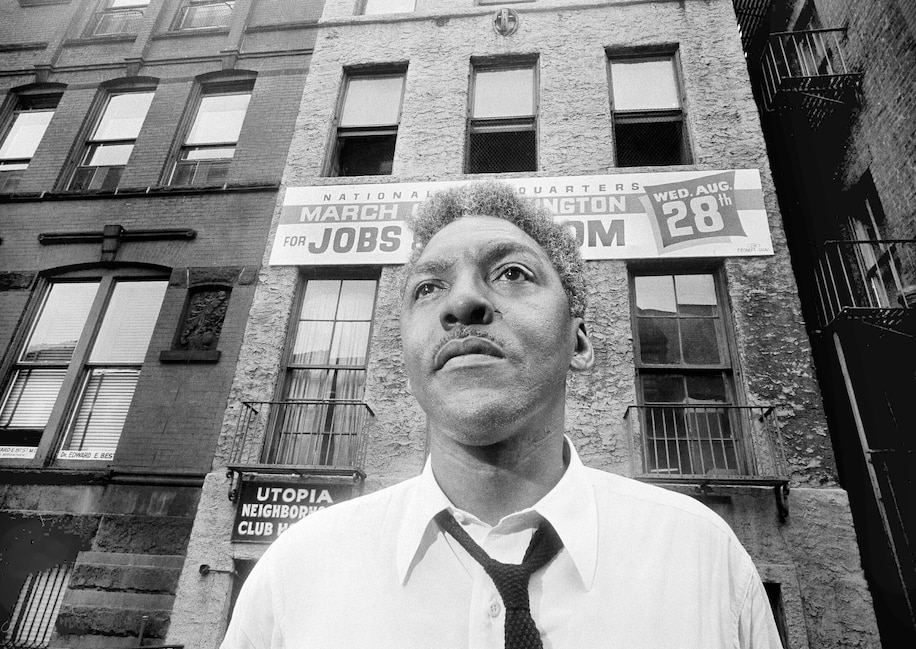June 1, 2020
The Urgency of Peaceful Protest
Elizabeth Cobbs, the Melbern G. Glasscock chair in American history, discusses how holding the moral high ground is crucial to advancing a cause in her op-ed for The Washington Post.
One question raised by the killings of Ahmaud Arbery, Breonna Taylor and George Floyd — and the uprisings they sparked — is: “What would Bayard Rustin do?”
Nicknamed “Bye,” Rustin organized the 1963 March on Washington and advised the Rev. Martin Luther King Jr. on the nonviolent techniques that led to generational breakthroughs. Raised outside Philadelphia, Rustin was influenced by Pennsylvania’s Quaker traditions, personified by his Quaker grandmother, who was the first family member to accept him as gay.
Read the full op-ed at The Washington Post.


